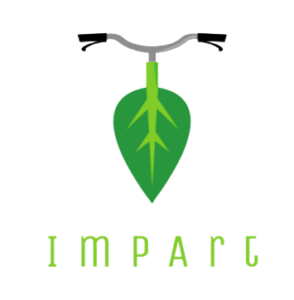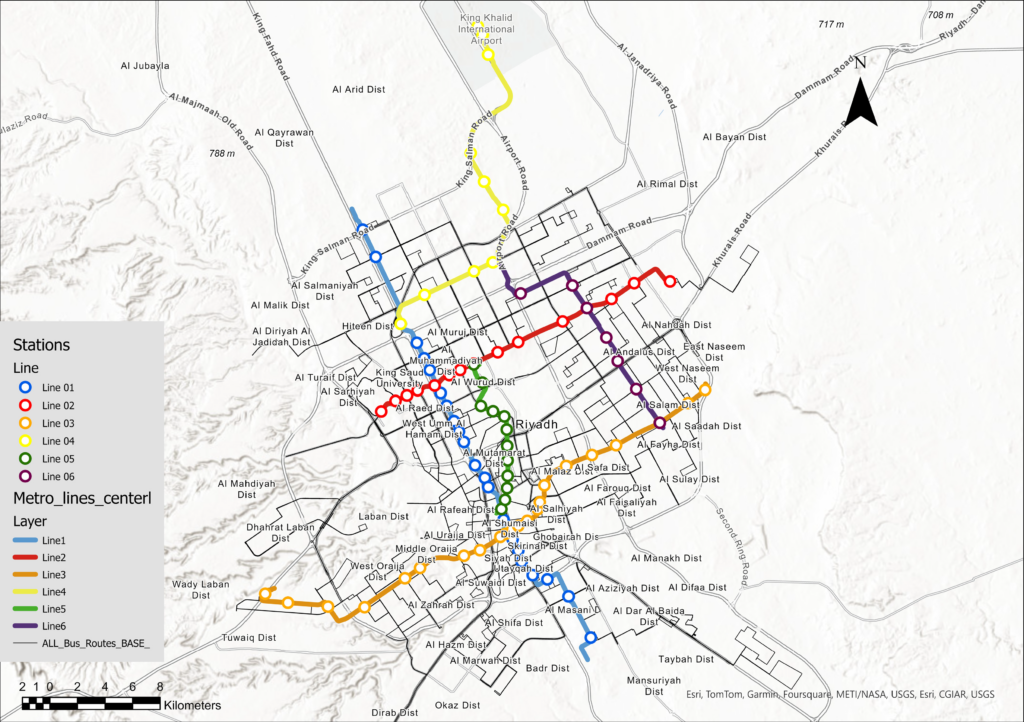
Integration of micro-mobility with the Public Transportation in Riyadh,KSA
Riyadh, the capital city of the Kingdom of Saudi Arabia (KSA), is experiencing high urbanization rates and a population rise in the region. This growth has currently stretched the city’s transport system, leading to traffic congestion, air pollution, and a high use of private automobiles. Since the launch of Vision 2030 by the KSA government, the government has been continuously working towards improving the quality of life in Riyadh (Mani & Goniewicz, 2024). One of the shifts that have been noted is the integration of micro-mobility solutions into the ongoing and established public transport systems. Micro-mobility can be described as private and shared transport, which means a speed rating of 25 km/h and below and may include e-scooters, bicycles, or SUVs. These modes of transport have gone around the world as several cities aim to reduce overall greenhouse gas emissions, reduce congestion, and promote friend-friendly transportation.

It is advantageous to integrate micro-mobility with the current transport system because the authorities in Riyadh are making ongoing efforts to expand the metro and bus systems. Therefore, this paper assesses the opportunities and risks surrounding the adoption of micromobility in Riyadh City (Jaafreh & Allouzi, 2023). Climate, city size, and population growth significantly impact the formation of the hot environment, geographic size, and population increase, with a completely different approach for creating an efficient and orderly PT system.